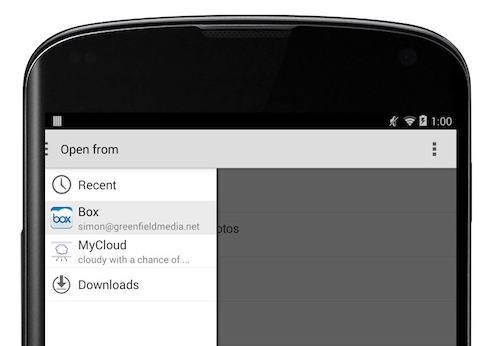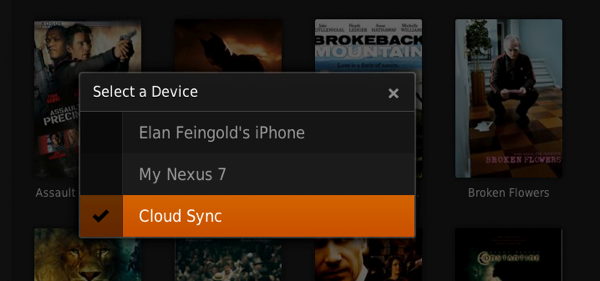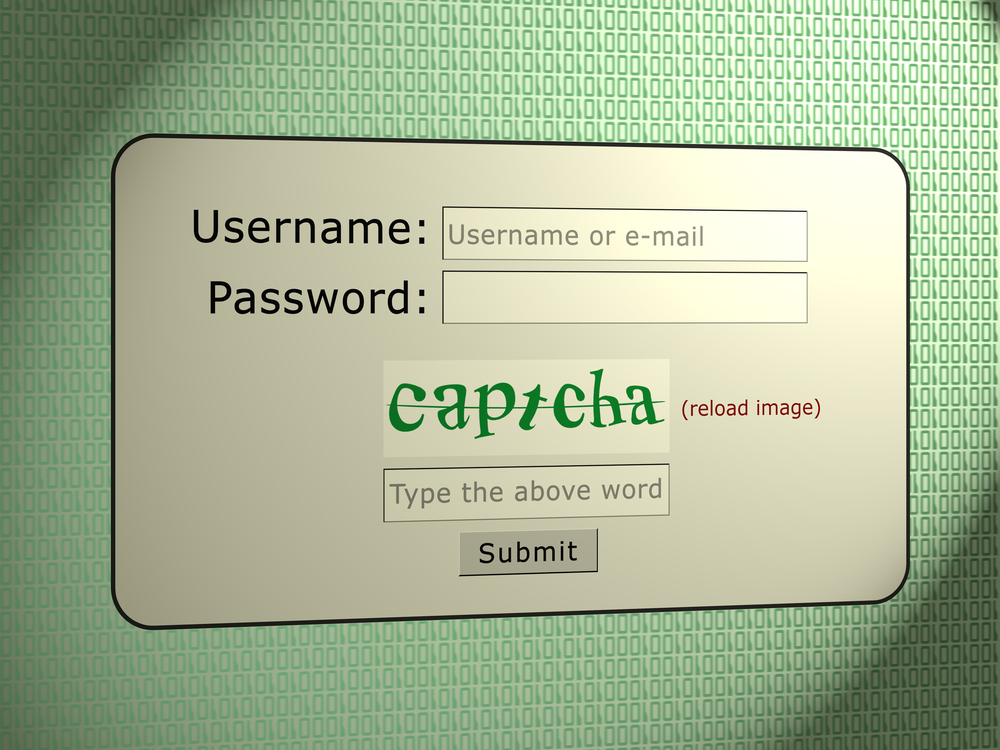
Google+ makes my world smaller
Four months ago, I embarked on a grand adventure. I boarded train Google+ and departed from station RSS. I left behind Feedly and my list of carefully curated subscriptions. Google Reader's demise set this new travel plan into motion. The search and information giant's social network would be my major -- really only -- source of news. Hey, other people rely on Twitter! I put Plus first.
I live the Google lifestyle, as many of us do everyday, but more than most people, by using Androids and Chromebook Pixel as my computing devices. But strange thing happened during my travels. Rather than find a broad, eclectic group of people, I increasingly encountered Google fanboys, which I am not. Rather than expand my horizons, Google+ shrinks them.

Dropbox gets Sold!
Dropbox is a name that's usually associated with online storage where it finds itself pitted against the likes of Google Drive and Microsoft's SkyDrive. But now the company could be branching out in a new direction with the purchase of Sold, one of the simplest online selling services ever invented.
Sold existed as an iOS and Android app and the idea was that a user uploaded a photo and brief description and everything else was taken care of by Sold -- no worrying about determining the best price or calculating postage. Or as Sold put it "doing all the dirty work for" users. There are no details about what will happen to Sold now that it has been, er, sold, but for now the site has been effectively shut down.

Google launches new Hangouts-inspired assistance service, Helpouts
As promised back in August, Google launches Helpouts, an online video help service based on the idea of Hangouts. Or as Google puts it, "real help from real people in real time". There are numerous online help repositories -- Yahoo Answers et al -- but the thinking behind Helpouts is to make things live and instantaneous.
If you have a sudden yearning to make a soufflé, forget hunting through score of recipes sites for the best method, get someone to show you step by step.

Comparing cloud vs on-premise? Six hidden costs people always forget about
To cloud or not to cloud? It's a question a lot of my clients are asking more often, and is undoubtedly one of the biggest trends in the IT industry right now. SaaS, PaaS, IaaS, and soon to be DaaS -- all acronyms which represent offloading critical functions of some sort to the cloud or into virtualized environments. All the big cloud providers are guilty of throwing fancy numbers around to make their case. But do their trumpeted cost savings really add up?
You'll have to make it to the end of this piece to find out what I think about that personally. Because in all honesty, it depends. Too many business owners I work with make the same cost comparison blunders over and over again. Most of them are so blindly focused on raw face value costs -- the "easy ones" -- that they lose focus on the bigger picture, namely their TCO (total cost of ownership).

The most popular stories on BetaNews this past week -- October 27-November 2
This week Google put an end to all the speculation and finally launched not only the Nexus 5 but also the new version of Android -- KitKat. There were no great surprises as there had been so many leaks prior to launch that we knew pretty much everything there was to know, but it was good have the rumors confirmed. Expect a full review in the very near future. The Nexus 5 comes with KitKat preinstalled, but it will also be available as an upgrade for a number of other handsets. As it this wasn't quite enough for Google, the company also donated 17,000 Nexus 7s to communities affected by Hurricane Sandy.
After the recent announcement, the iPad Air went on sale, and Logitech was ready with a series of cases.

Box jumps on the KitKat bandwagon
Yesterday Google, after much teasing, made available both the Nexus 5 and Android 4.4, known as KitKat. The device seems to be an early hit as both the black and white 32 GB versions, as well as the white 16 GB model are now listing as two-to-three weeks away from being available. Meanwhile, the black colored low-end model is simply "out of stock". KitKat is set to arrive on other Android devices soon.
Cloud Storage service Box, is one of the first services ready to take advantage of the updated mobile OS. "Android now allows us to blend Box seamlessly with all your other apps that work with files", the company announces.

FAA allows electronic devices during all stages of flight -- Delta to start tomorrow
When Alec Baldwin was kicked off of an American Airlines flight for refusing to turn off his smartphone, he became the fodder for many jokes. After all, his love for the game Words With Friends was a rather trivial thing to let escalate to the point of being removed from an airplane. However, many of us have faced the same situation -- being told to turn off our electronic devices while on a plane. This was frustrating because, to speak frankly, we all knew it was stupid.
Today, the stupidity ends. According to the Federal Aviation Administration, "airlines can safely expand passenger use of Portable Electronic Devices during all phases of flight, and is immediately providing the airlines with guidance. Expanded use will not happen overnight. The process will vary among airlines, but the agency expects airlines to allow passengers to safely use their devices in airplane mode, gate-to-gate, by the end of 2013".

Q&A about sales CRM software Pipedrive
Cloud, cloud, cloud. This is a word that is prevalent when describing modern services, and one that we hear all too often nowadays. The premise is simple: move stuff somewhere you cannot control and leave it to someone (or some company) to do the backend work for you. For CRM software this approach appears to be ideal, as both the developing companies and their clients seem to embrace it.
CRM software used to be associated with on-premise solutions, but this approach has failed to integrate well into the new computing landscape where mobile devices are used increasingly around the office and on the go. A mobile-friendly philosophy is key. I chatted with Pipedrive, a company that makes cloud-based CRM software, about how it leverages the cloud and what the benefits are for its 30,000 users.

How to get to the cloud: 5 easy steps
Earlier this month, I delivered a keynote at Gartner's annual symposium and published a blog post about the rapidly evolving landscape of business technology. The rise of cloud computing and ubiquitous, powerful mobile devices means that organizations can reduce their IT bills significantly while boosting employees' productivity and collaboration. Moving to the cloud is no longer a questionable proposition -- it's inevitable.
This led some of the organizations I work with to ask: "That all makes sense, but how do we actually get started?"

Amazon Cloud Player comes to Mac platform, joins Windows, iOS and Android
Amazon has continued to roll out its Cloud Player application with the release of Amazon Cloud Player for Mac 2.0 (despite the version number, this is the first release on the Mac platform). The new player is practically identical to the Windows build, which debuted in May.
Amazon Cloud Player, also available for iOS and Android, allows Amazon users to access all music stored in its Cloud Player service.

Enterprise storage gets serious with Ceph's scalable software solution
Unless you're heavily into the world of data storage you probably haven't heard of Ceph. It's an open-source distributed storage system for Linux platforms designed to deliver performance, reliability via a software defined system that's also very scalable. It's self-managing and self-healing and can be accessed via big data tools like Hadoop and Samba.
Now that you know what it is you'll be interested to learn that Inktank, the company behind Ceph, has launched Inktank Ceph Enterprise. This is a subscription product that builds on Ceph's open-source roots to provide the most stable version of the product with a new graphical management console and a suite of support services.

Google+ Hangouts and Photos gain a raft of new options
Google is in the process of rolling out a series of new features to Google+ Hangouts and Photos, many of which have been designed to save users time. Hangouts gains a new option that enables broadcasters to schedule Hangouts On Air, while a management page in the form of the Control Room can be used by moderators to eject unruly participants should the need arise.
Video call quality sees improvements not only to quality, but also to automatic lighting adjustment. It doesn’t end there for Hangouts. The chat tool also gains the ability to send and receive SMS as well as location sharing. But it is Photos that sees the largest number of changes and additions. Something that will please mobile users who have enabled the autobackup feature is the introduction of full sized backups (rather than scaled) and background syncrhonization.

Plex unveils Cloud Sync, puts your media everywhere
Plex brought media server and end-client apps to the masses, making the process easy for even the average computer user. Install the server app on a computer, walk through the simple setup process and then enjoy your music and videos from other computers, mobile devices, consoles and set-top boxes.
Now the company has unveiled its latest improvement to this system -- Cloud Sync. Plex Sync was unveiled last November, and the company claims it has been a major success, stating that "users have synced hundreds of terabytes of media to their iOS and Android devices, and we’ve heard stories from people using it to make their plane trips less boring, vacations more fun, and long commutes more palatable".

Sophos launches cloud-managed security for business
Organizations face a constant challenge to balance keeping their systems secure against the time taken to maintain that protection. Security specialist Sophos has announced an answer to this problem in the form of a product that can be managed from the cloud, providing a simplified approach combined with protection from the latest threats.
Sophos Cloud provides endpoint protection for all sizes of enterprise but because it's cloud-managed it can protect users regardless of physical location. This makes it attractive for companies that have multiple sites or a home-based workforce.

AI firm Vicarious cracks CAPTCHA codes
CAPTCHA are a thorn in the side of web users. Those almost indecipherable string of letters and numbers that are meant to help websites determine that you are a human rather than a spambot often cause more frustration for users than anything else, and they have now been cracked.
Vicarious, a California-based AI team, reveals that it has been able to develop algorithms that can successfully solve CAPTCHAs from the likes of Google, Yahoo and PayPal.
